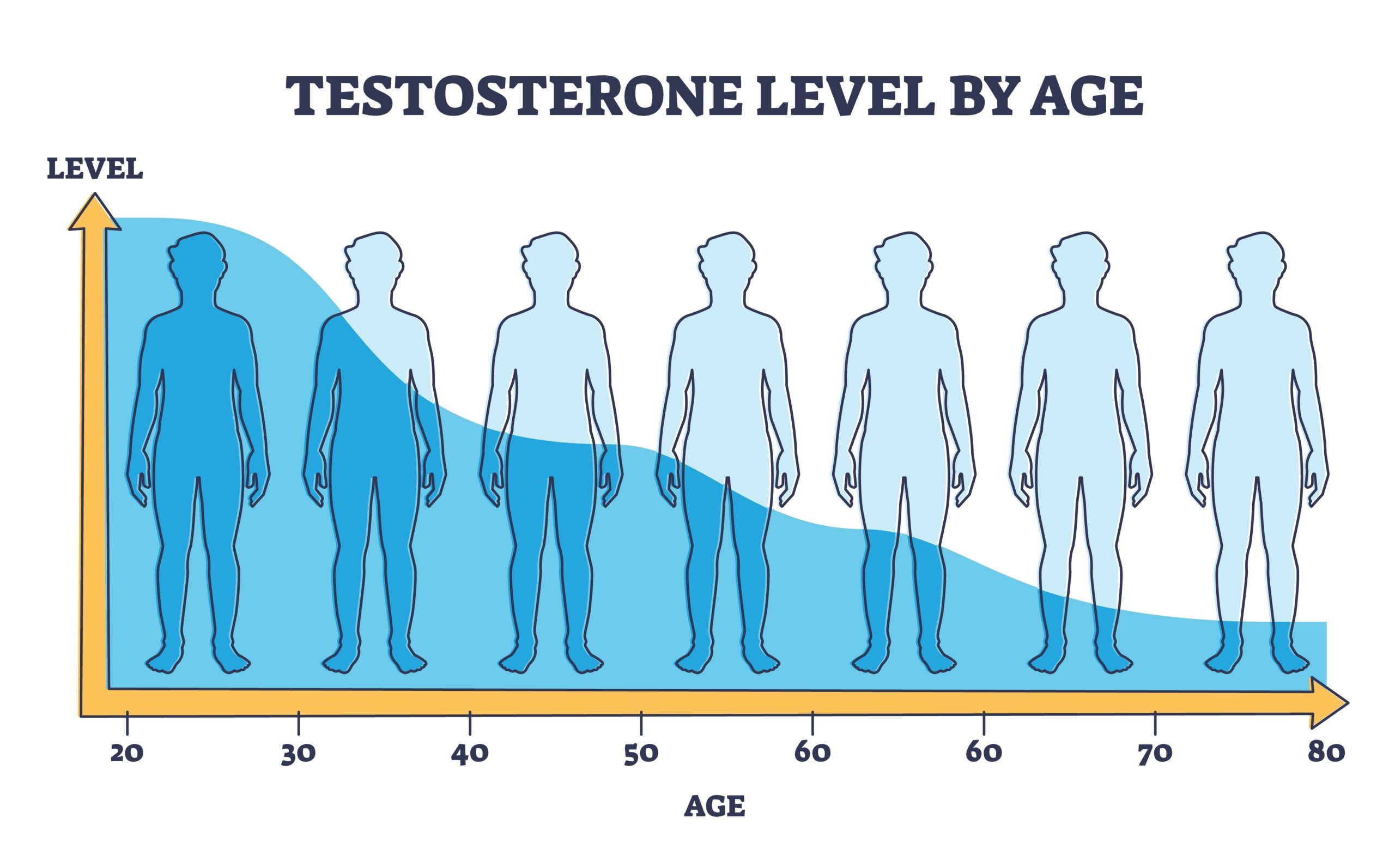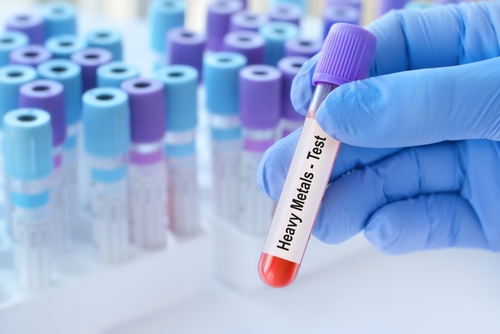In a study published today B vitamins were found to stop shrinkage in the area of the brain that defines Alzheimer’s disease – called the medial temporal lobe.
The study which was led by Professor David Smith from the University of Oxford, gave a combination of vitamin B6 (20mg), B12 (500mcg) and folic acid (800mcg) or placebo pills to people with mild cognitive impairment (MCI), the stage before a diagnosis of dementia or Alzheimer’s.
“In those with high homocysteine levels, the specific areas of the brain associated with Alzheimer’s disease shrank eight times more slowly in those taking B vitamins than in those on the placebo. This is strongly indicative that the B vitamins may be substantially slowing down, or even potentially arresting, the disease process in those with early stage cognitive decline. This is the first treatment that has been shown to do this.” said Professor David Smith.
The discovery that the medial temporal lobe virtually stops shrinking in some people with high dose B vitamins is a highly important and convincing breakthrough in understanding what causes, and can prevent Alzheimer’s.




